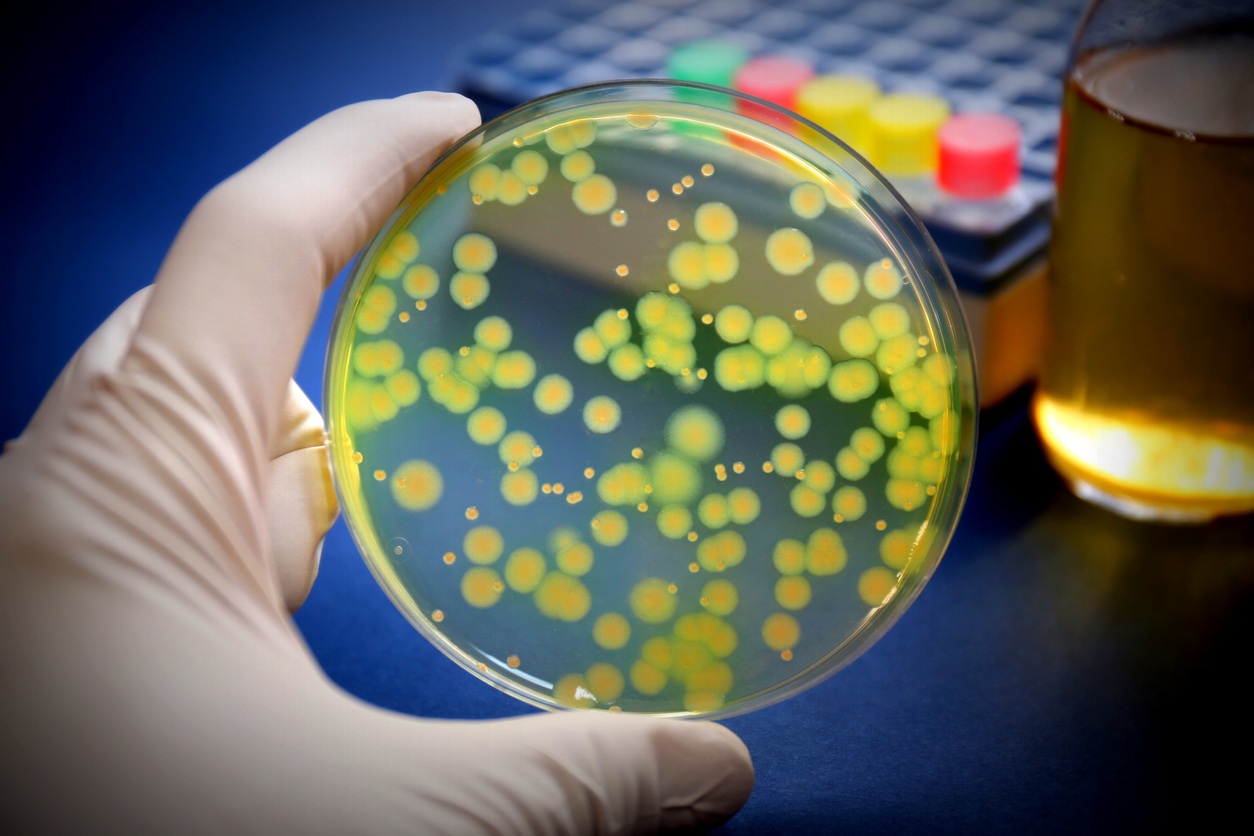
Experts Develop CRISPR-Cas9-based Cytosine Base Editors for Phytopathogenic Bacteria
January 18, 2023| |
A team of researchers from the University of Missouri and partners reported efficient CRISPR-Cas9-based cytosine base editors for phytopathogenic bacteria. The results are published in Communications Biology.
Phytopathogenic have crucial functions in plant productivity. The advances in gene editing could help improve the genetic tools used in the identification of vital genes in the pathogenesis process. Thus, the researchers developed CRISPR-dCas9 (dead Cas9) and nCas9 (Cas9 nickase) deaminase vectors for a broad range of phytopathogenic bacteria. Furthermore, a gene for a dCas9 or nCas9, cytosine deaminase CDA1, and glycosylase inhibitor fusion protein (cytosine base editor, or CBE) was applied to base editing under the control of different promoters.
The study showed that the RecA promoter led to almost completely modifiying target region. When residing on the broad host range plasmid pHM1, CBERecAp is efficient in causing base edits in Xanthomonas, Pseudomonas, Erwinia, and Agrobacterium strains. CBE based on nCas9 prolonged the editing window and allowed a significantly higher editing rate in Pseudomonas. By multiplexing guide RNA genes, the vectors can alter up to four genes in a single round of editing.
Read the full article in Communications Biology.
| |
You might also like:
- Pocket K No. 54: Plant Breeding Innovation: CRISPR-Cas9
- Scientists Use Virus for Bacterial Base Editing
- Bacterial Speck Resistance Developed in Tomato Using CRISPR-Cas9
Biotech Updates is a weekly newsletter of ISAAA, a not-for-profit organization. It is distributed for free to over 22,000 subscribers worldwide to inform them about the key developments in biosciences, especially in biotechnology. Your support will help us in our mission to feed the world with knowledge. You can help by donating as little as $10.
-
See more articles:
-
Gene Editing Supplement (January 18, 2023)
-
Research and Tools
- CRISPR Template Successfully Creates Herbicide-tolerance Trait for Basmati Rice
- Experts Develop CRISPR-Cas9-based Cytosine Base Editors for Phytopathogenic Bacteria
- Researchers Discover a New Type of CRISPR Gene Scissors
- CRISPR Speeds Up Poplar Flowering Time from Decade to Months
- CRISPR Catfish Exhibits Disease-resistance and Reproductive Confinement Traits
-
Policy Considerations and Approvals
- Brazil and Colombia Approve First Drought Tolerant Gene-Edited Soybeans
-
Read the latest: - Biotech Updates (January 21, 2026)
- Gene Editing Supplement (January 28, 2026)
- Gene Drive Supplement (February 22, 2023)
-
Subscribe to BU: - Share
- Tweet

